Stick to a Routine
We all know it’s important to stick to a routine for improved sleep, but it’s easier said than done, especially given the circumstances. But by setting a timeframe for certain tasks throughout the day you can ‘train’ your body and mind to relax as it learns a conditioned response to eventually fall into a deep sleep. This, in turn, helps you ease any signs of anxiety which can affect the way you sleep.
When preparing for bed, your nighttime routine should start at least 30 minutes before heading to bed, although an hour is even better.
This preparation routine may involve switching off the radio, television, and any other electronics. Then, indulge in something you enjoy to help you nod off such as reading or taking a calming shower or bath before turning off the lights.
Whatever you do, practise the same routine each night around the same time and your body’s circadian rhythms will love you for it.



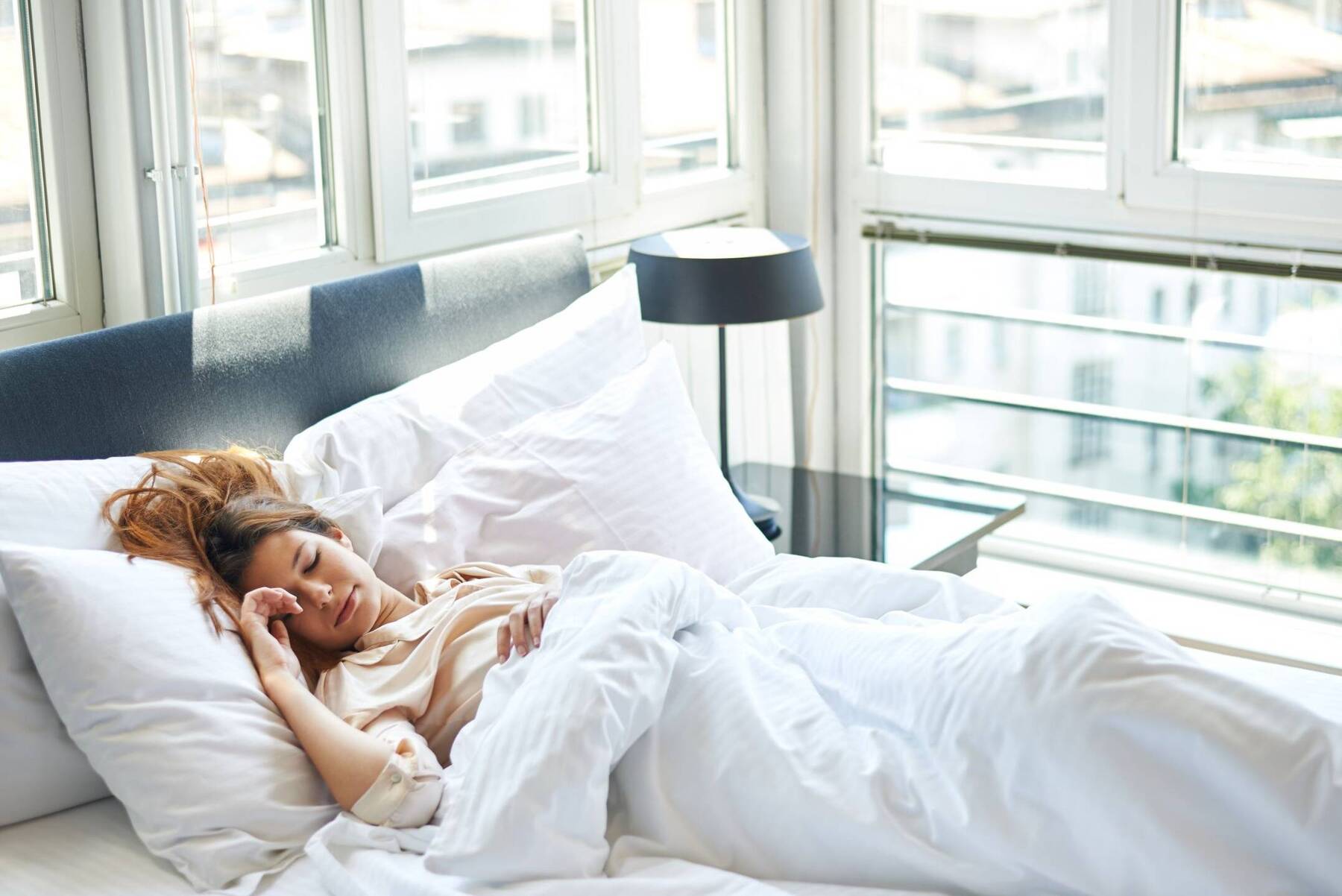
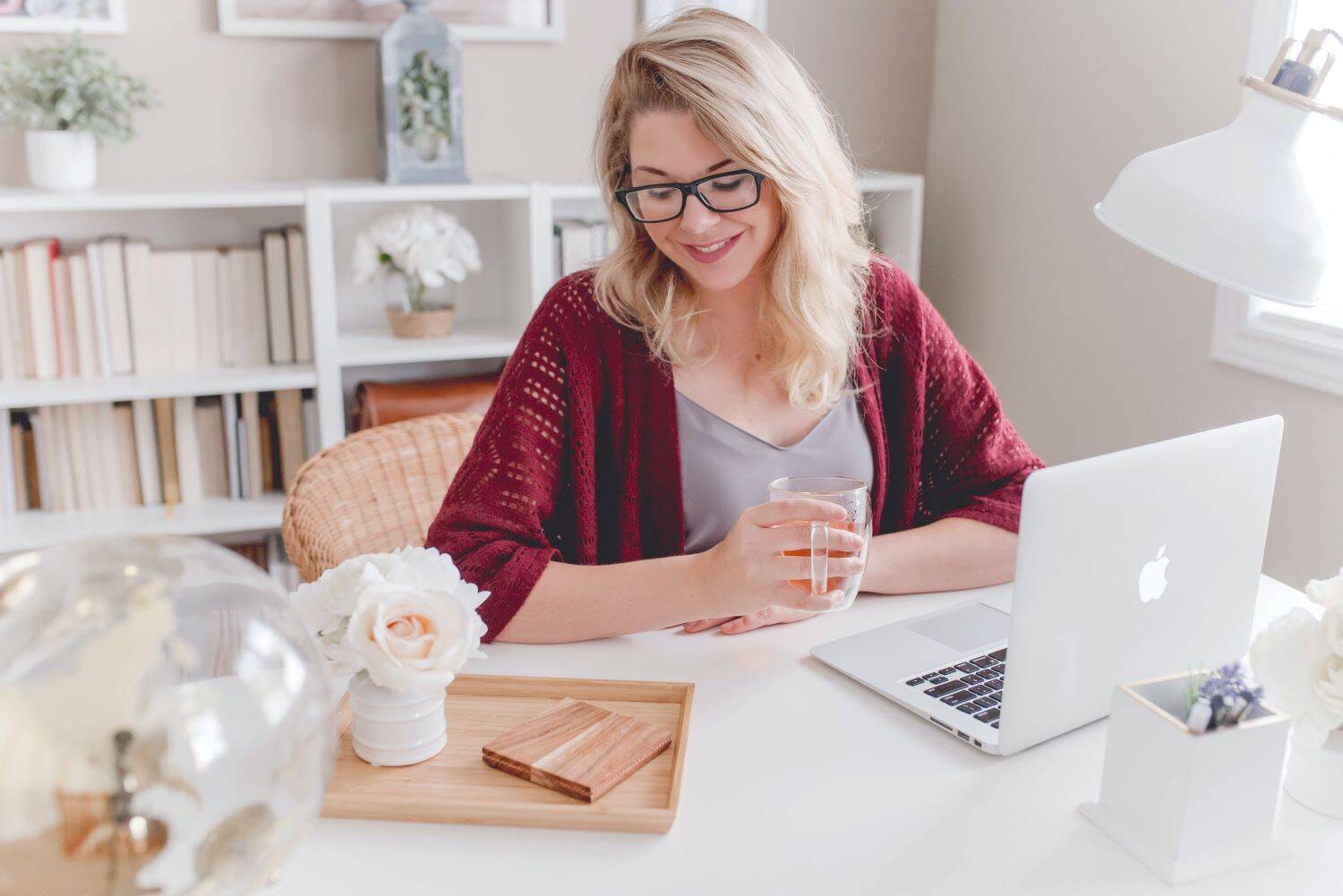
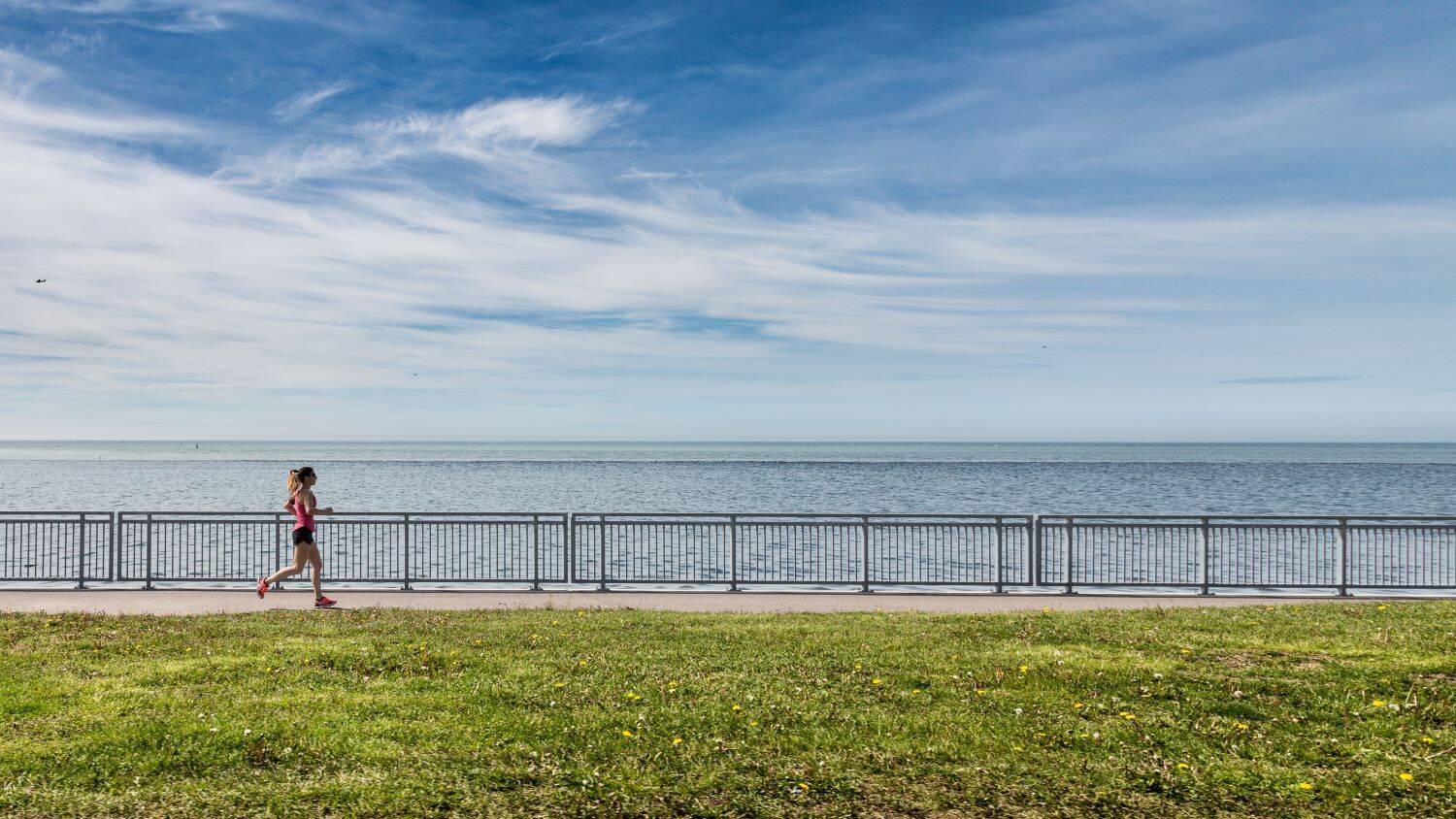
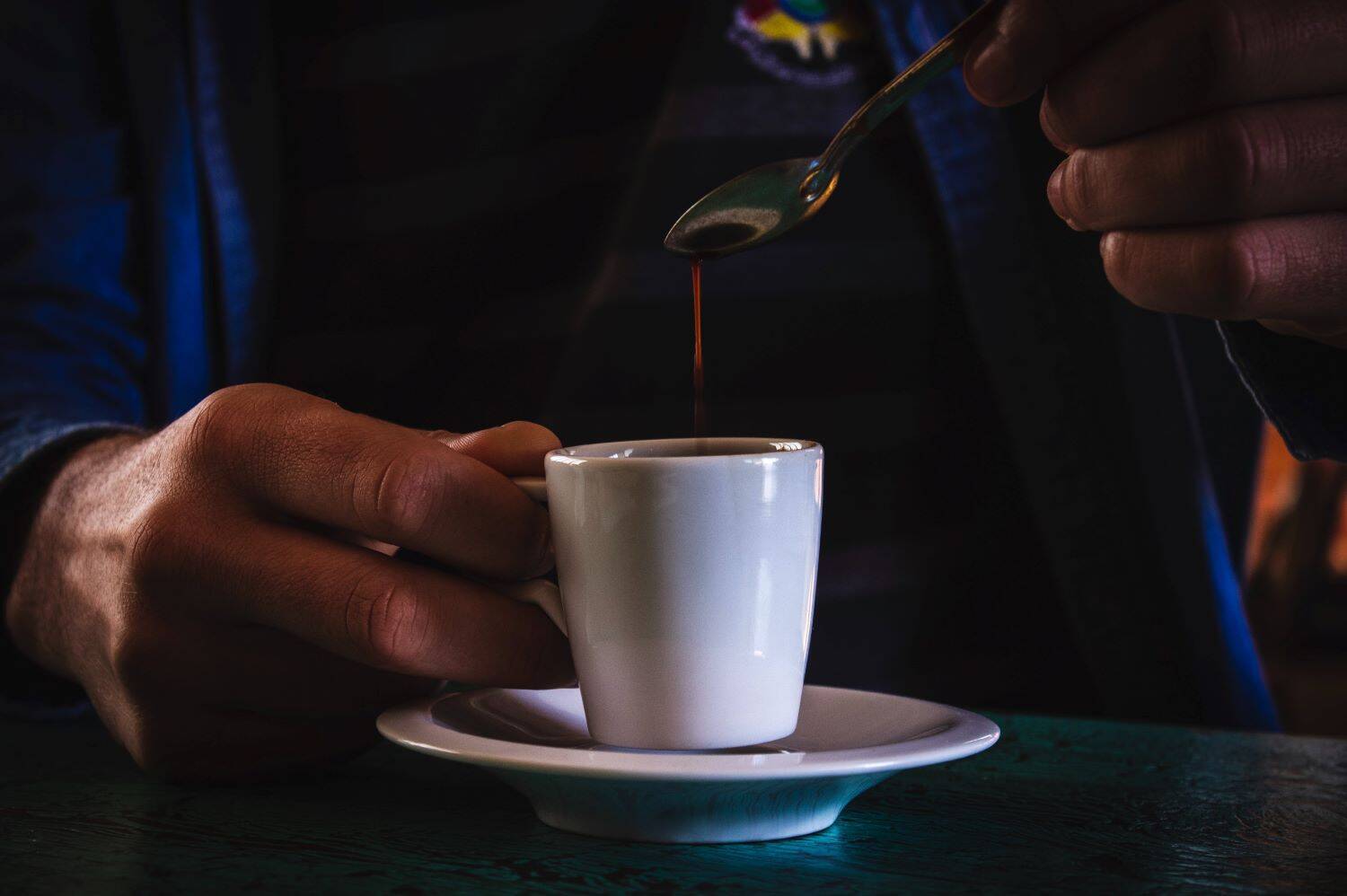

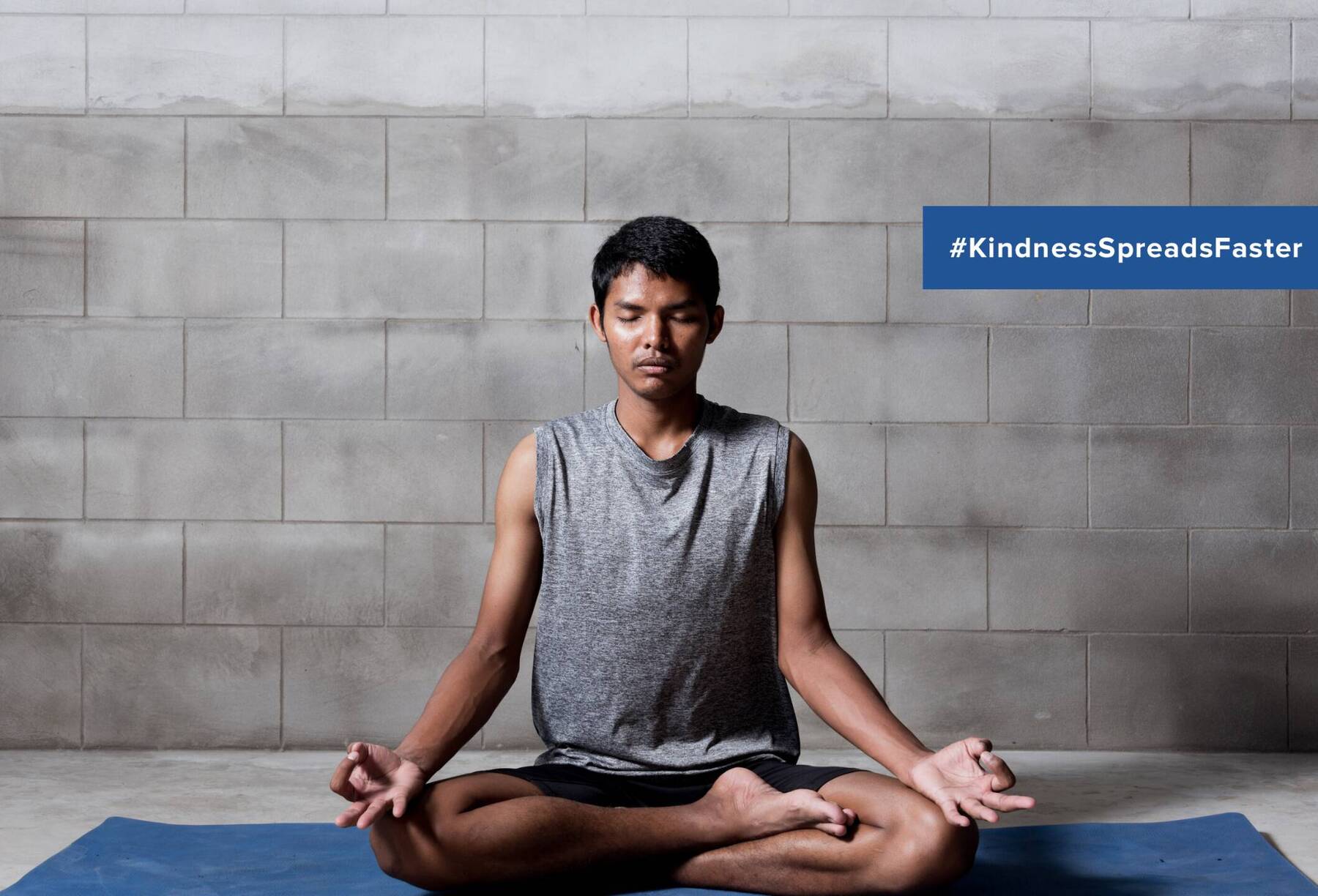






Comments